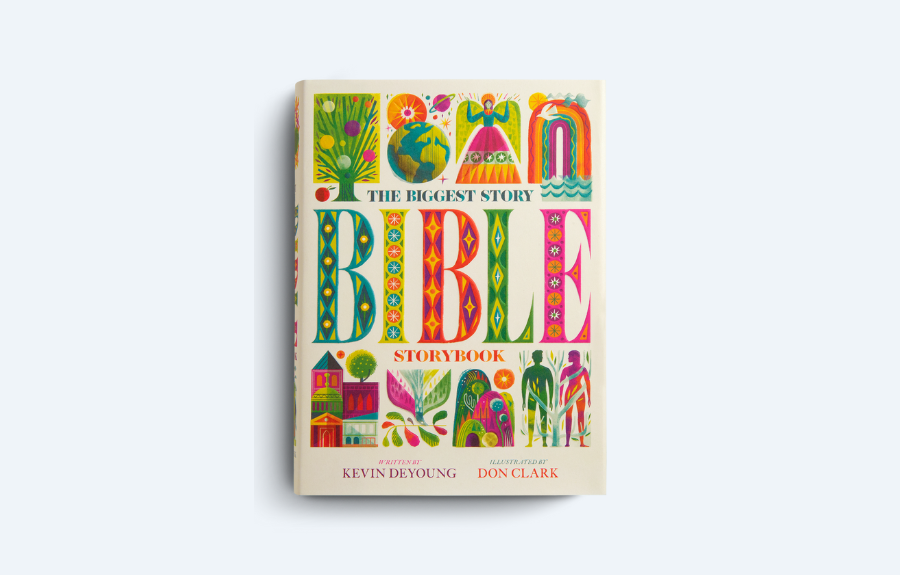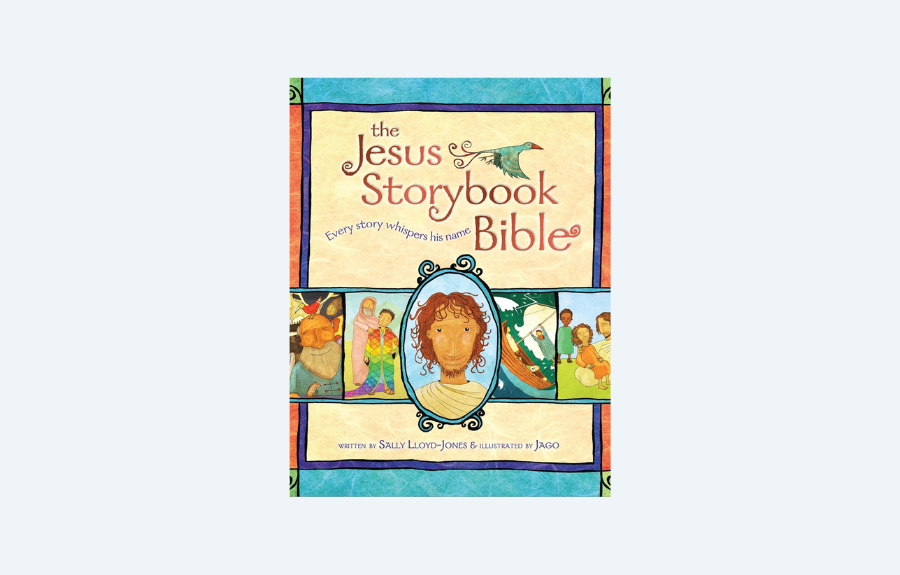Note: Periodically I’ll post book reviews to serve as a resource for readers looking for recommendations. I plan to include books for adults as well as kids’ books. Very few of these reviews will be on new releases. If you’re like me and are about two to three years behind on your reading, then this section is for you! You can find other book reviews here.
I was invited to review the book below for Lifeway Research and given permission to post a review to my own website. You can find the original, and more comprehensive, review here.
You Are Not Forgotten: Discovering the God Who Sees the Overlooked and Disregarded
Christine Hoover
B&H, 2024
Summary
In You Are Not Forgotten, Hoover shares how God used an oft-overlooked story in Genesis—Hagar’s—to comfort her during a long season of feeling unseen by those closest to her. Hagar’s name for God (El-Roi, God sees me) is the inspiration for the book. But Hoover uses the stories of Sarai, David, Jonah, Mary, Martha, and others to show how God doesn’t forget His people, even (and especially) in their suffering. Unseenness manifests in five categories: being misunderstood, disregard, having unfulfilled desires, injustice, and lack of appreciation. In the ensuing chapters, Hoover describes our emotional response to unseenness, how we are tempted to deal with it, how God deals with us, and how to move forward.
Review
Hoover combines a refreshing vulnerability and honesty about her own period of unseenness with a focus on the only true way forward—resting in the truth that God sees us, loves us, and is for us. She rightly encourages the reader to process our emotions in light of God's truth, take responsibility for moving forward, and seek an improved perspective of our difficult circumstances over improving our circumstances. This is no fluffy, pick-yourself-up-by-your-bootstraps, self-help manual. Hoover leads the reader to rest in the biblical truth that will encourage and help him or her move forward in hope and healing. Ultimately, You Are Not Forgotten is a resource that encourages readers struggling to feel seen to look higher than people to the God of all comfort, who looks upon us and after us.
Pros:
- Though she doesn't use this language, I appreciated that Hoover models an internal locus of control and self-awareness, taking responsibility for her own emotions, culpability, and path toward healing. Hurt caused by others is real, but we cannot control how others act toward or respond to us. We can only control our response. I think this is key to moving forward from the hurt.
- Another strength of the book is that Hoover doesn't imply that our circumstances must change for us to move forward from feeling unseen. She reminds the reader God doesn’t always immediately deliver us from painful trials. God may allow us to walk a road of feeling unseen for years, decades, or maybe never. Hoover's point is that God sees us at all times. It's this truth that brings healing, not improved circumstances.
- Hoover doesn't gloss over the difficult parts of moving past hurt feelings, nor the amount of time it may take. I thought this gave a needed reality check for those seeking to move past a situation like hers.
- While Hoover rightly focuses on the vertical relationship with God that helps heal us in our unseenness, I would have liked to read more about how the truth that God sees us can help reconcile our relationship with others. While we aren't always reconciled with those who hurt us, and our ultimate healing can't be contingent on that horizontal reconciliation, I wish that there had been more encouragement to lean into our church communities and accept loving correction when needed. There is a little encouragement in this vein, but it's muted.
- Because of the statement above, I don't believe this book is for everyone who feels unseen. There is not much distinction between actually being unseen and merely feeling unseen. There is a difference. For those who are more inclined to blame others, who struggle with forgiveness, and who generally have an external locus of control, it could be easy to overlook Hoover's example of self-awareness and personal responsibility. Those who remain withdrawn from community or withhold forgiveness may ultimately have a hard time finding healing in the truths Hoover outlines.
- This may be odd to list in the cons, but Hoover's happy ending could lead readers to expect the same. Nowhere does Hoover explicitly set up the expectation that those who feel unseen will get a happy ending like hers (in fact, she sets up the opposite expectation several times throughout the book). However, readers should be cautious and not let another’s story set their expectations. We must always trust God to write our story however He wills.
Who Should Read This Book:
With the caveats implied in the "Cons" section above, this book is truly a helpful read to anyone who is experiencing seasons of loneliness and feeling unseen.
Favorite Quotes:
"So when the psalmist says that God is our refuge, he's saying there is only one perfect place of emotional, relational, and spiritual safety—it's int he person of Christ Himself." (114)
Photo by Alex Ivashenko on Unsplash






